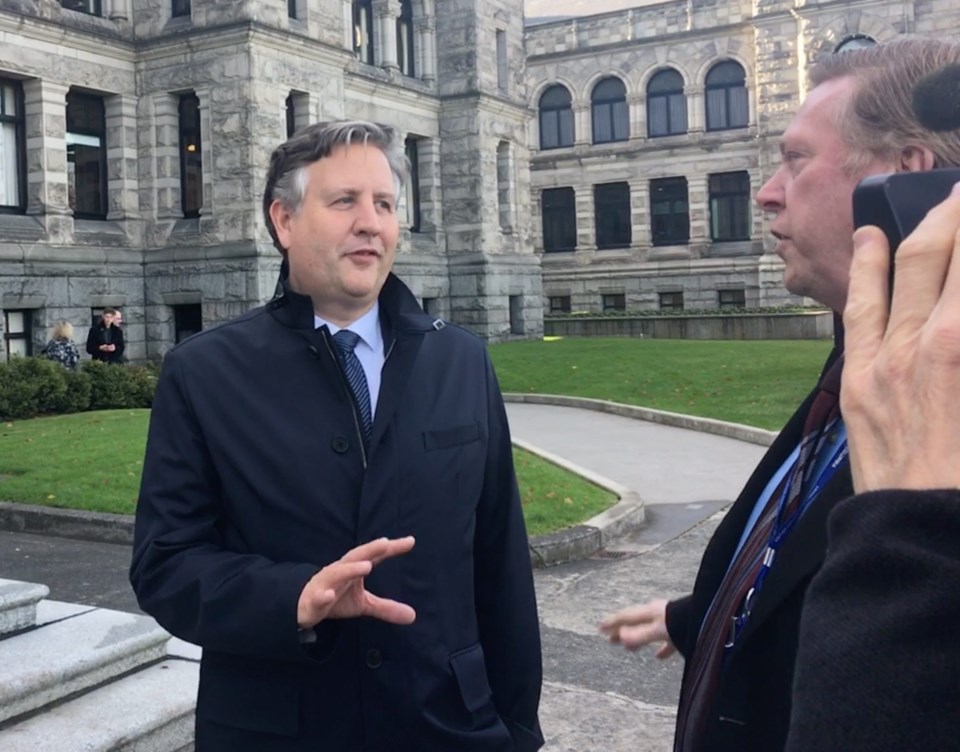Among the barrage of motions Vancouver’s freshly-elected council passed pretty much the moment they took office was a little-noticed idea of a “Land Value Capture” tax.
With an innocuous name and language that focused on affordability, who would object? Except, with its vagueness and broad reach, it could turn out to be the biggest assault on property rights Vancouver has ever considered.
While the motion is long, its essence is simple: “to collect a percentage of the wealth being created by public decision makers in the City of Vancouver.”
The idea is that when the city (or any government body for that matter) builds a SkyTrain station, park, or hospital, any resulting increase in property value would be fair game for government.
It almost sounds reasonable – government is spending money to improve your neighborhood, you should contribute something in exchange. In fact, we have a very long tradition of successful public-private partnerships in which a public body and a private interest combine resources to benefit all.
So what’s the big deal with the land value capture tax, and why should you keep reading?
The big deal is that a public-private partnership is just that, a partnership, where two or more parties voluntarily agree to work together. The land value capture tax has one key component missing – the voluntary part.
Under the tax considered, the City of Vancouver can decide to build a park, a community center, or even just rezone your street, and you could be stuck with a substantial tax bill, whether you want the improvement or not.
Consider rezoning, for instance. The City already has the power to completely change your neighborhood, as it often does, with or without your consent. Now it will also charge you for it. City Hall always does what’s best for the residents, after all.
If residents happen to disagree, they are surely misguided.
I suspect appealing to individual choice and voluntary partnership is not going to have much resonance with council – but hopefully, the value of fairness still appeals. Therefore, if the City is going to collect a percentage of the wealth created by public decision makers, surely the City is also going to pay a percentage of the wealth destroyed by public decision makers whenever that occurs.
Let’s also not forget that the Land Value Capture tax would be on top of already sky-high property taxes. For instance, due to high property assessments, Vancouver single-family home owners already face the highest property tax and utility bills in Canada.
I can’t help but wonder why the City of Vancouver costs so much to run.
And finally, perhaps most importantly, imposing tax upon tax reduces property values but it does nothing to improve affordability. On the contrary, imposing a Land Value Capture tax would only exacerbate the obstacles to densification and further erode affordability.
Instead, we have an opportunity to remove the current barriers to new housing supply.
In addition to actually improving affordability, substantial new supply also has the benefit of stimulating the economy and generating new tax revenue – without the intrusion and distortion of a Land Value Capture tax.
Andrey Pavlov is a professor of finance at Simon Fraser University’s Beedie School of Business



